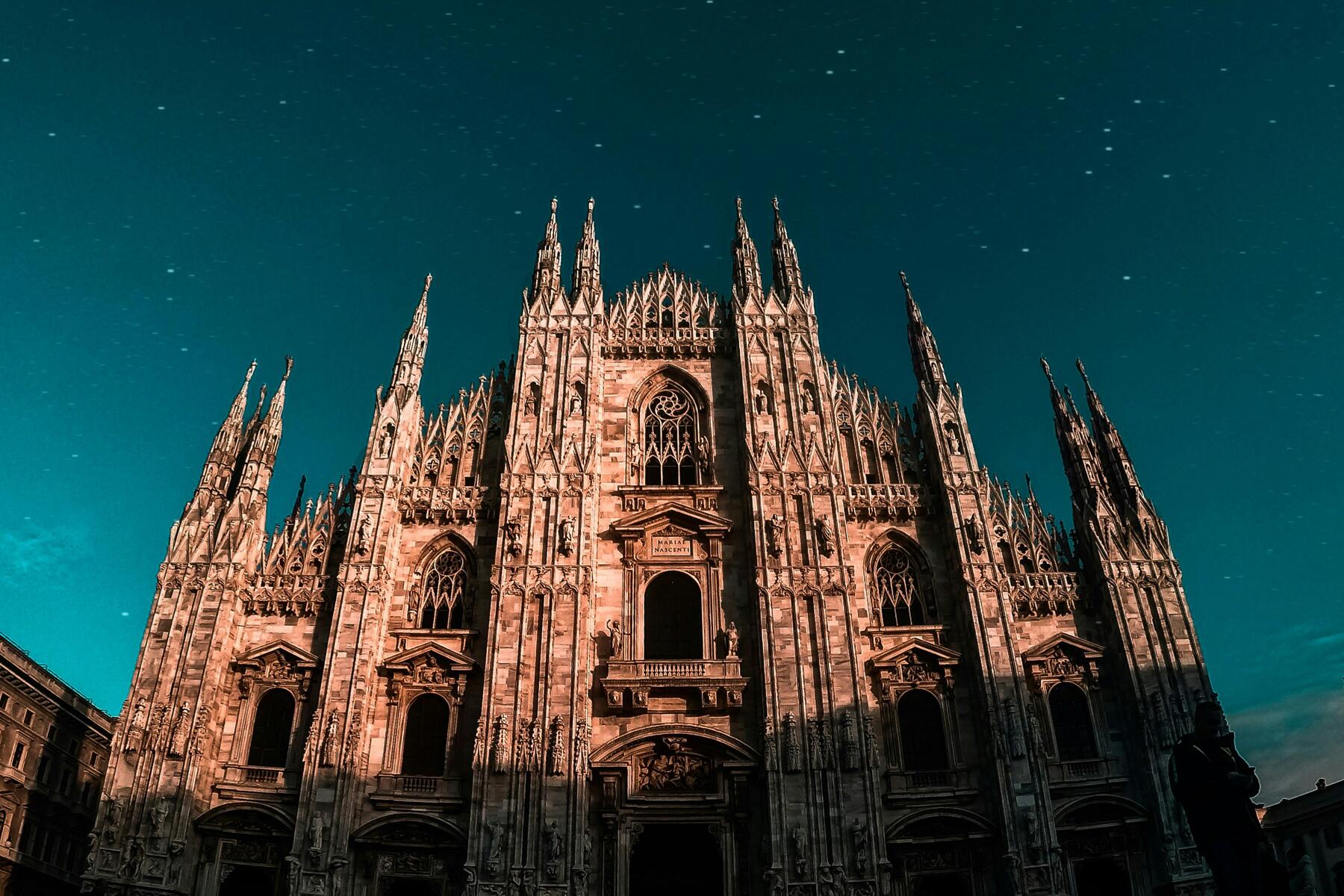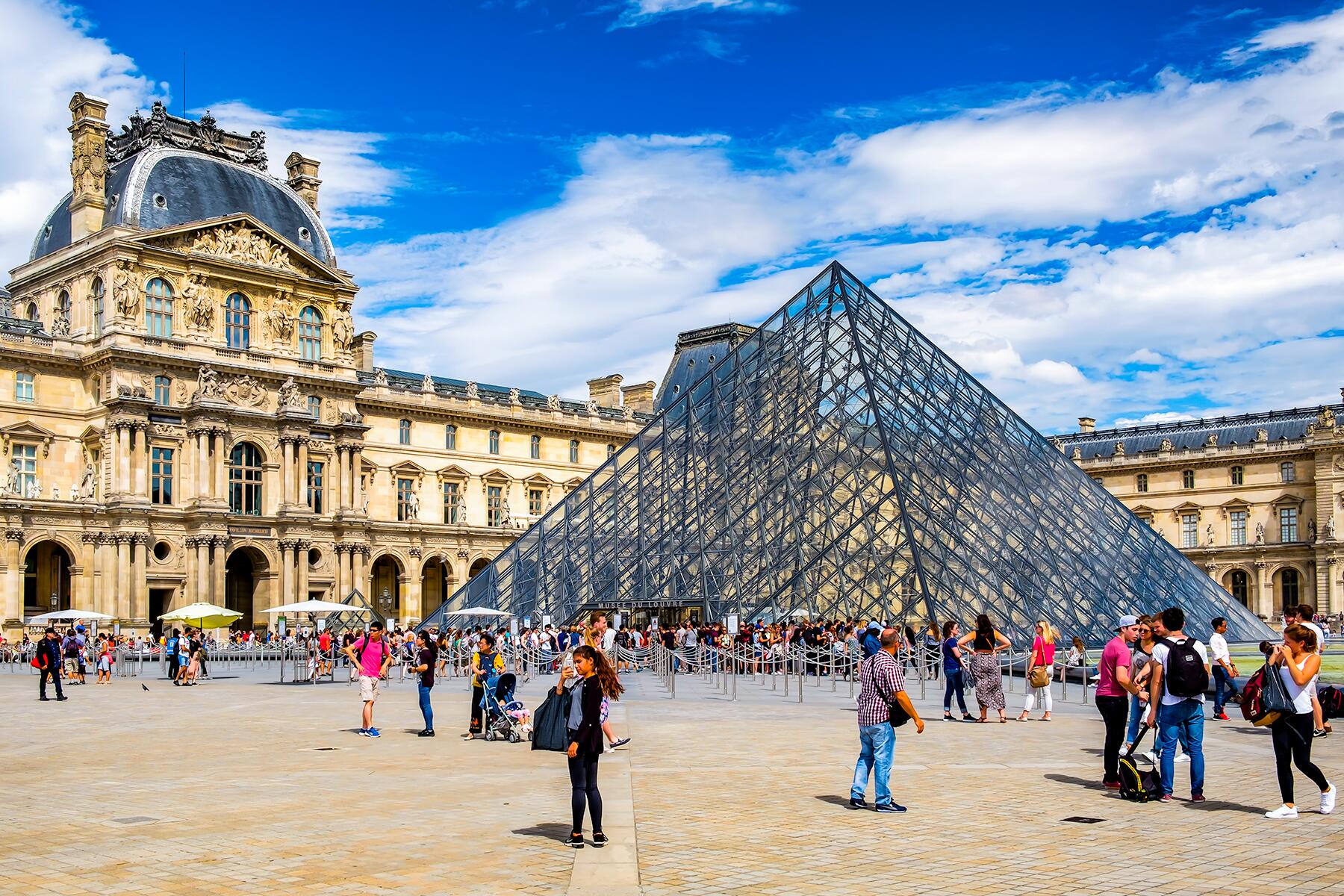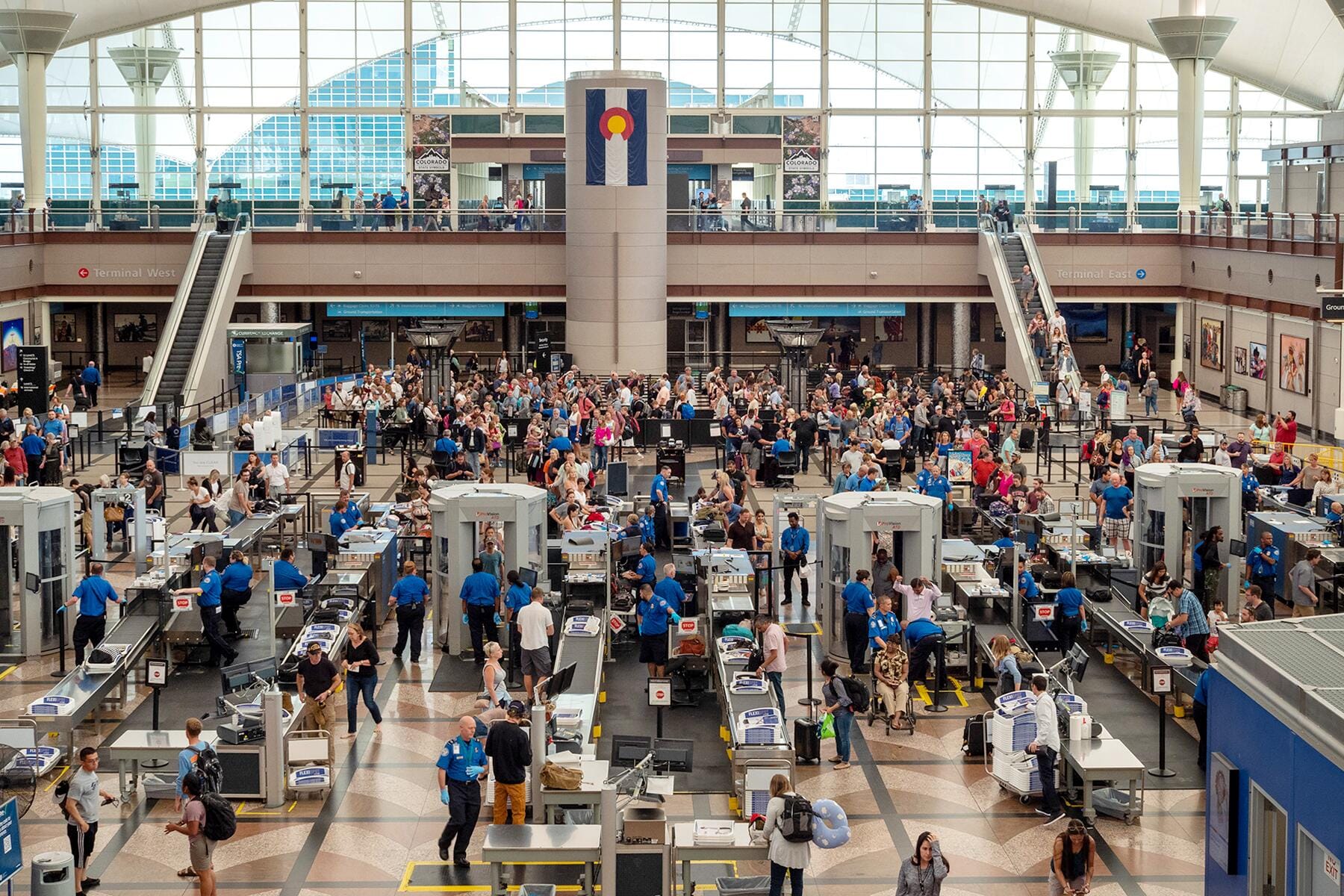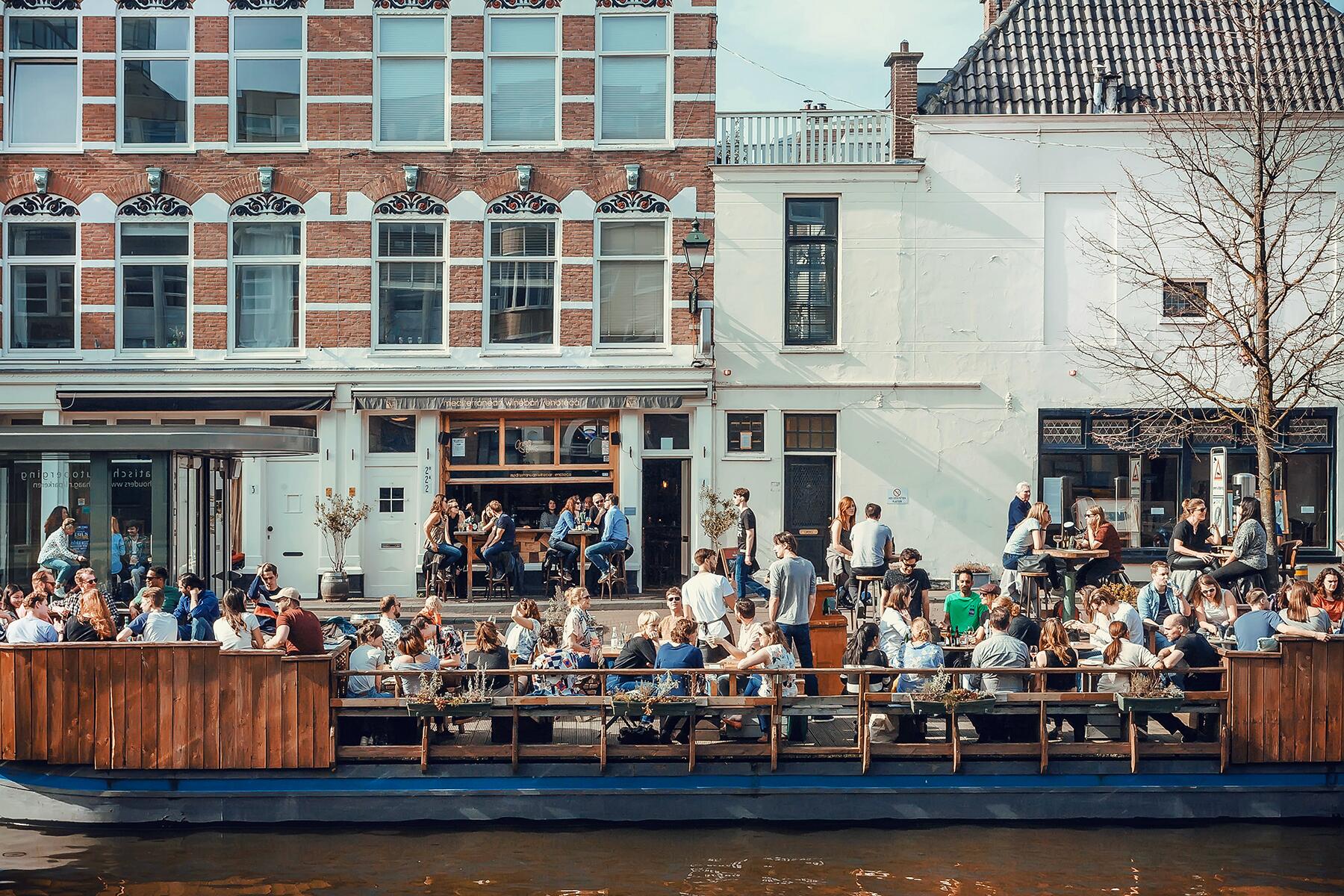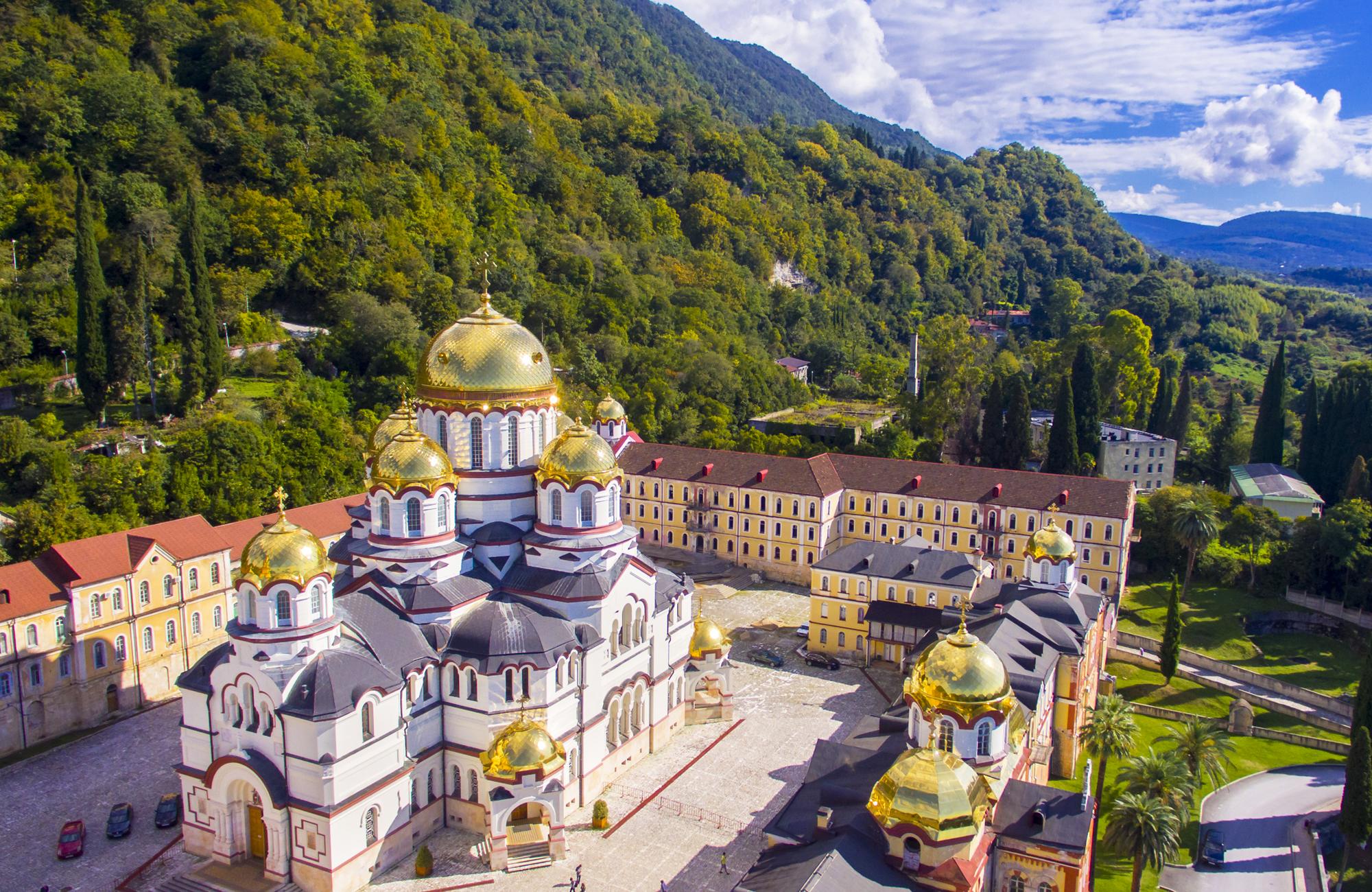Yes, you can (and should!) go to this land in limbo.
Where the Black Sea meets the lush foothills of the lower Caucasus, there’s a swath of land called Abkhazia that, according to the U.S. Department of State, is too dangerous to visit. Formerly the crown jewel of the Russian Riviera—that stretch of ragtag resorts frequented by the Soviet elite—Abkhazia was once prized for its fine-sand beaches, subtropical flora, and misty mountain towns. But in the wake of a bloody war in the 1990s, a controversial declaration of independence, and ensuing instability, the international community either condemned Abkhazia or, worse, forgot about it altogether.
But let’s not psych ourselves out. It’s been a quarter-century since the nadir of the Abkhaz-Georgian conflict and nearly a decade since the last significant period of unrest. Today Abkhazia may be a skeleton of its Soviet self, but that doesn’t make it unsafe or unworthy of a visit, regardless of your politics. Whether you’re a thrill-seeker who relishes elusive locales, an architecture buff with a predilection for time-warpy Stalinist designs, or a recipe hunter keen to uncover unsung cuisines, here’s what you should know before adding Abkhazia to your Caucasian itinerary.
